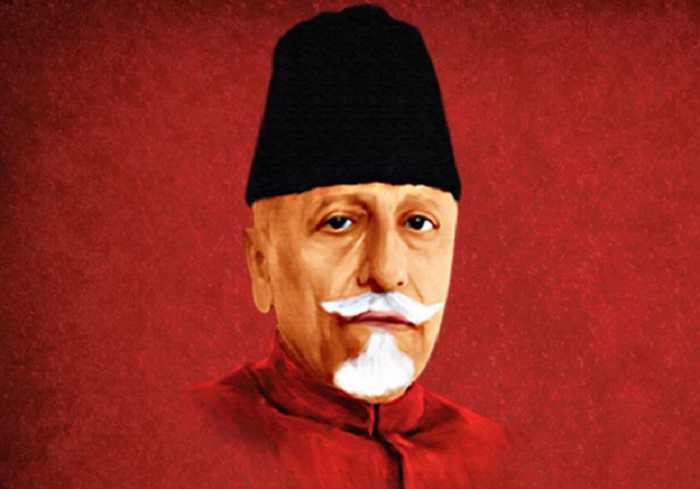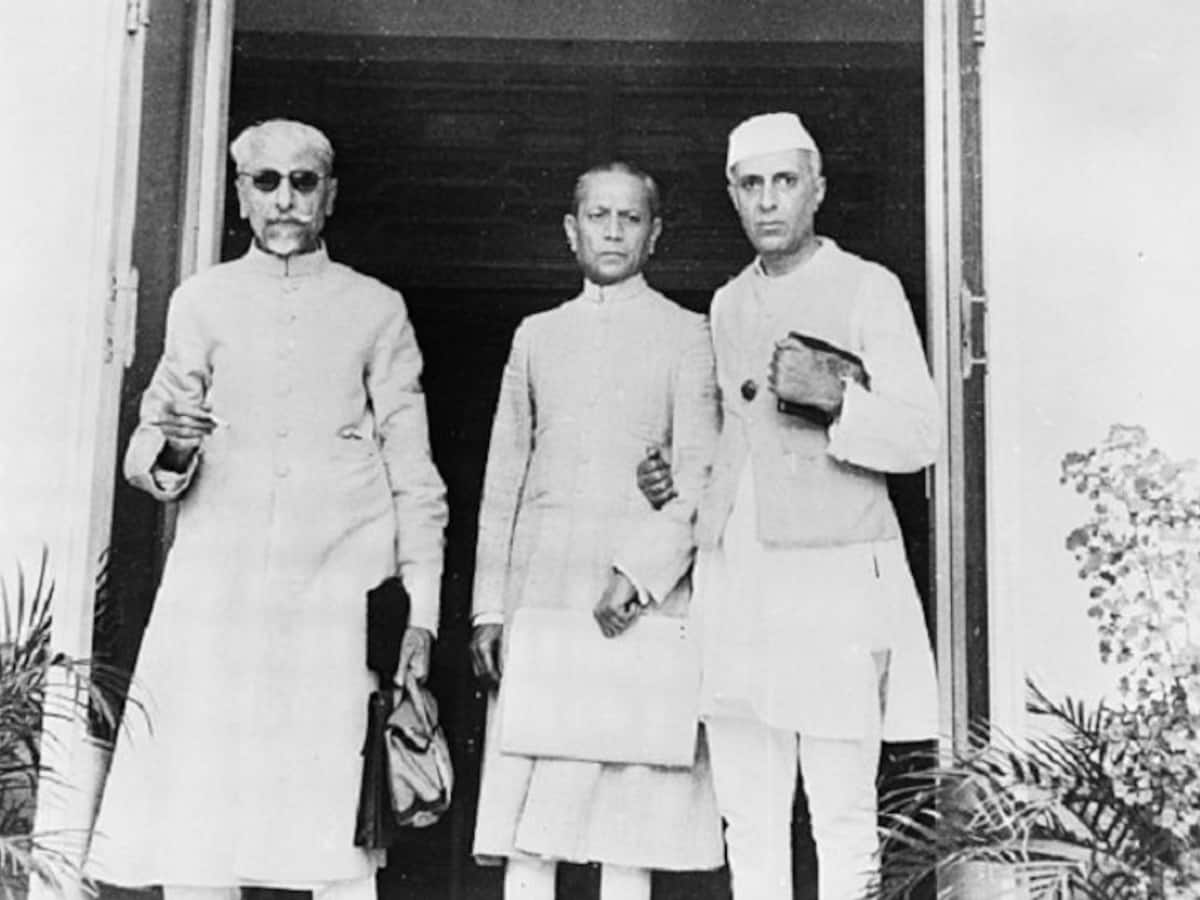Indian Freedom fighter Abul Kalam Muhiyuddin Ahmed Azad, more popularly known as Maulana Abdul Kalam Azad, was born on November 11, 1888. When he became a part of the Indian freedom struggle he adopted ‘Azad’ as his pet name. A Journalist by profession, Azad was famous for the critical pieces that he would write about the British regime. He was an important element of the Indian nationalist movement, which was on a high in the first half of the 20th century.

Maulana ‘Azad’ also served as the first Education Minister of the Independent India
Maulana Azad was one of the strongest voices in India against the formation of Pakistan. At the age of 35, Maulana became the youngest president of the Congress Party. He served in that position for six long years. In his presidential address at the Ramgarh session, Azad said that “if an angel descends from heaven with the gift of freedom of India and declares from Qutub Minar that India is a free country I would not accept it unless Hindus and Muslims were united. If India does not get freedom it would be India’s loss but if Hindus and Muslims do not unite it would be entire humanity’s loss,”

Maulana Abul Kalam giving a speech in Jama Mosque
In his book named India wins Freedom, which was published 30 years after his death, the freedom fighter writes that “as a Muslim, I for one am not prepared for a moment to give up my right to treat the whole of India as my domain and share in the shaping of its political and economic life. To me it seems a sure sign of cowardice to give up what is my patrimony and content myself with a mere fragment of it.” While talking about the possibility of partition, he says “there would remain three and a half crores of Muslims scattered in small minorities all over the land. With 17 percent in UP, 12 percent in Bihar, and 9 percent in Madras, they will be weaker than they are today in the Hindu majority province. They have had their homelands in these regions for almost a thousand years and built up well-known centres of Muslim culture and civilisation there.”

Maulana ‘Azad’ with Pandit Nehru
In an address given on April 17, 1946, Maulana stated that if the two-nation theory was to benefit the Muslims, he would have been the first one to accept it, but looking at the theory from a communal point of view, the theory could never help the Muslims to get away from their legitimate fears.
Maulana also stated that after the partition, the number of Muslims in India will decrease substantially which will leave them at the mercy of the ‘Hindu Raj’, and also hamper their development in different social and political areas. In the same speech, Azad clarified that the only reason why the Muslims were in favour of the plan was because it was catapulted by the extremist elements in the country.



















































































